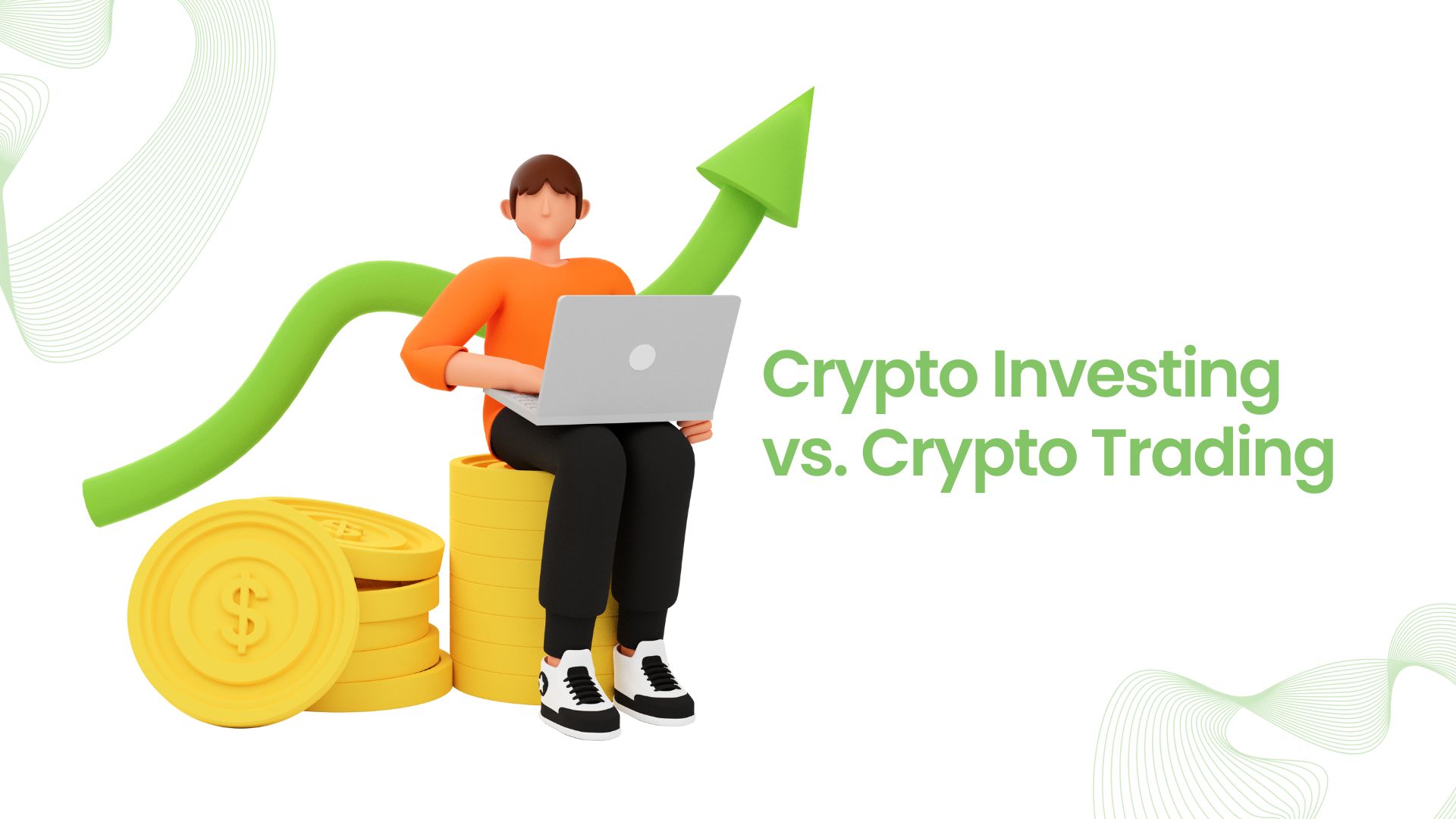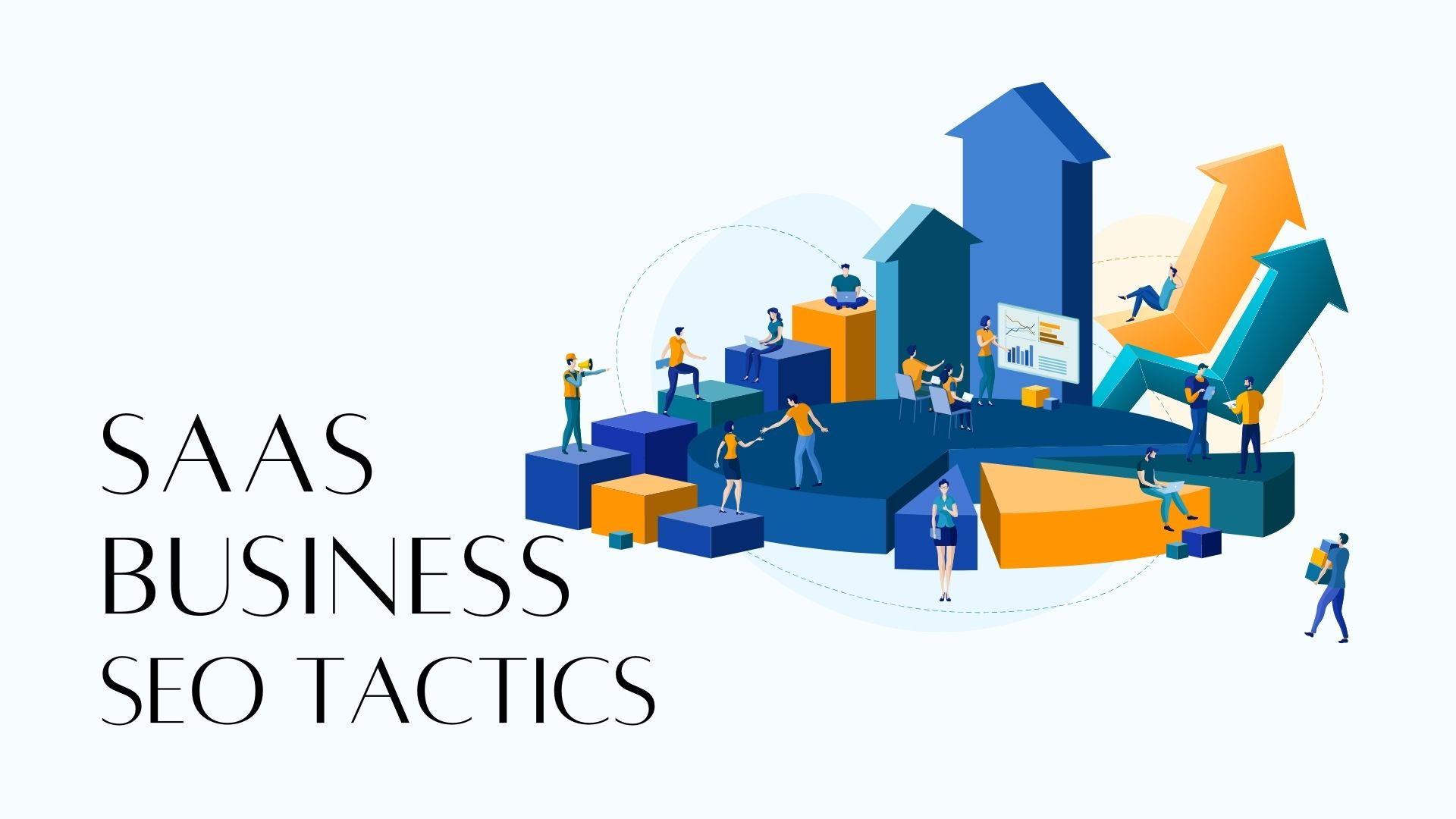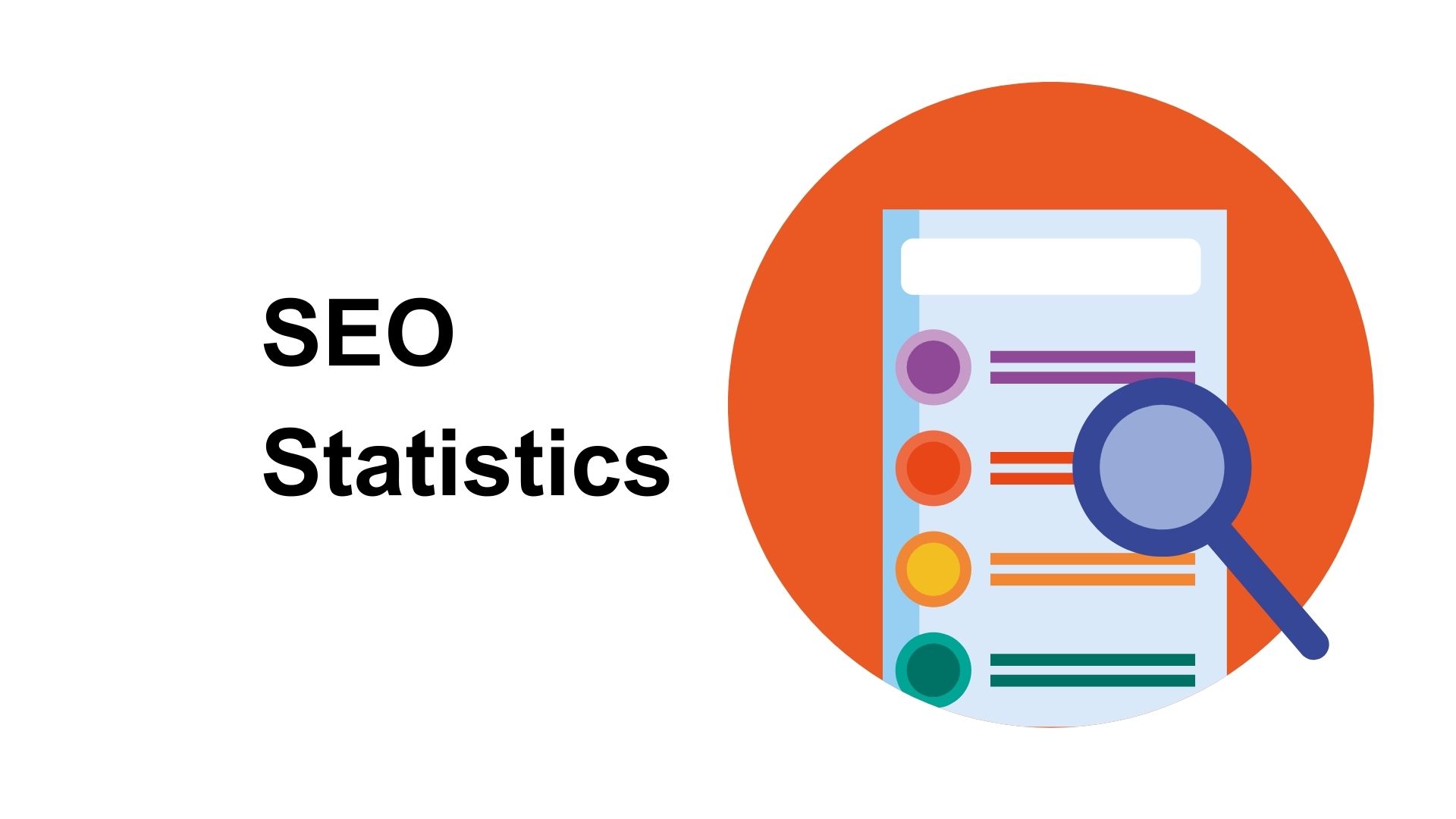John Roberts, CEO, SugarCRM
 John Roberts is a man on a mission to change the CRM industry.
John Roberts is a man on a mission to change the CRM industry.
As the founder and CEO of open source startup SugarCRM, Roberts is competing
in an industry with strongly entrenched and well-financed competitors.
Roberts officially launched SugarCRM in April 2004 and has since issued
no fewer than eight major releases of his core Sugar application.
The most
recent release version 4.5 came out last month and provided an updated AJAX based interface for the product.
In 2006 alone, SugarCRM's downloads have doubled from 400,000 to over
800,000.
Along the way, Roberts has also managed to find the time to ink a deal with Microsoft, which might be helping drive growth.
Roberts recently chatted with internetnews.com about how the CRM
vendor manages the relationships with its client base and how he sees the
competitive marketplace for solutions.
Q: Do you think that as a company you're being overly conservative in how
you position yourselves?
As a company we've always been conservative with what we position. We're
putting commercial in front of open source.
I never felt comfortable saying
SugarCRM was an open source software company because we're not. There was a
little while there when it was just three of us doing it all for free but we
are now a full-time enterprise.
For us it was really important to have commercial in front of open source so
there is complete clarity as to who we are as a company. We are a company
that offers an open source license for a lot of code that we write.
Q: What is SugarCRM's own conversion ratio of downloads to paying customers?
Recently you claimed 800,000 downloads and 800 paying customers. Are you
comfortable with the ratio?
There again we are very conservative. We say 800 customers that is only
professional and enterprise customers. That does not support customers it
does not include our network customers; it does not include accessories.
We're probably at about 5,000 total companies or individual that have
actually purchased something from SugarCRM.
The conversion ration is hard to say. In the early days we used to try and
come out with some kind of algorithm that would show how many downloads per
month would equal so much in revenue.
We actually did get the algorithm done
pretty well and it was quite accurate. But it's hard to say why the phone
rings.
Demand has been strong and we've been extremely fortunate. We don't
spend a huge amount on sales and marketing; our model is inside out in that
regard.
It's a pull-based model; we focus on the project and managing that
instead of sheer marketing dollars.
Q: SugarCRM does not require users to register before downloading the open
source project. As such you can't really do any CRM or sales follow-up
yourselves. Or can you?
At the heart of it, SugarCRM is a project-powered enterprise. We're a corporation that is powered by an open source project. In order
for that to be successful, you have to be 100 percent open and upfront with
everything that you do as a company.
For us we do have an update mechanism, so if you look at Sugar we do ask for
voluntary anonymous information about your site. We do have a pretty good
estimate in terms of the size of our global install base.
I can't really tell you who they are, that's not something we thing is
really appropriate.
Q: Is it your mission to displace Salesforce.com?
I don't know of another company that has done as many Salesforce.com
replacements as we have. That's not really our mission in life, though.
Our
mission is focusing on our open source project. I think it really validates
the engineering process that drives the Sugar code base. It does generate
more innovative software that is just a better value.
Q: What have been the barriers to adoption for SugarCRM's products?
We have customers in the 2000-plus user range now — several of those. For us
initially the challenge was rapidly building a new product line. Now toward
the end of 2005 — and the focus of this year — has been the depth of functionality
and breadth.
Our whole approach is we're not going to come and sell to you. What we're
going to do is give you the software. We're going to be on the phone, we'll
visit you if need be and we'll help you do your evaluation, but you're going
to drive the evaluation.
You can do whatever you want. You can put a million
records in the database, you can customize it all you want, we don't care,
and we're completely unafraid of that.
At the end of doing your evaluation
your way, it's pretty clear if we're a fit or not.
What we're finding is that it is better for us and that customer because
they know exactly what they are buying.
One thing that people have the perception of is that in order to do anything
with open source you have to be a programmer.
I think that's the perception
right now and it can be the case with most open source stuff being library-based code. But it's actually the reverse for us.
We're assuming that anyone is downloading Sugar has zero training, has
limited IT skills and they are going to download and install the
application, configure it and get it running.
So if the
installer isn't good, if the app isn't intuitive out of the box, those are
hard things to do.
The impression is that we do those things really well. But the perception is
that in order to do anything with open source you have to be a programmer.
If that were the case, if our initial download doesn't go smoothly, we just
lost somebody. Our installer has to be great. That's why we have three or
four of them.

Sean Michael is a writer who focuses on innovation and how science and technology intersect with industry, technology Wordpress, VMware Salesforce, And Application tech. TechCrunch Europas shortlisted her for the best tech journalist award. She enjoys finding stories that open people's eyes. She graduated from the University of California.


